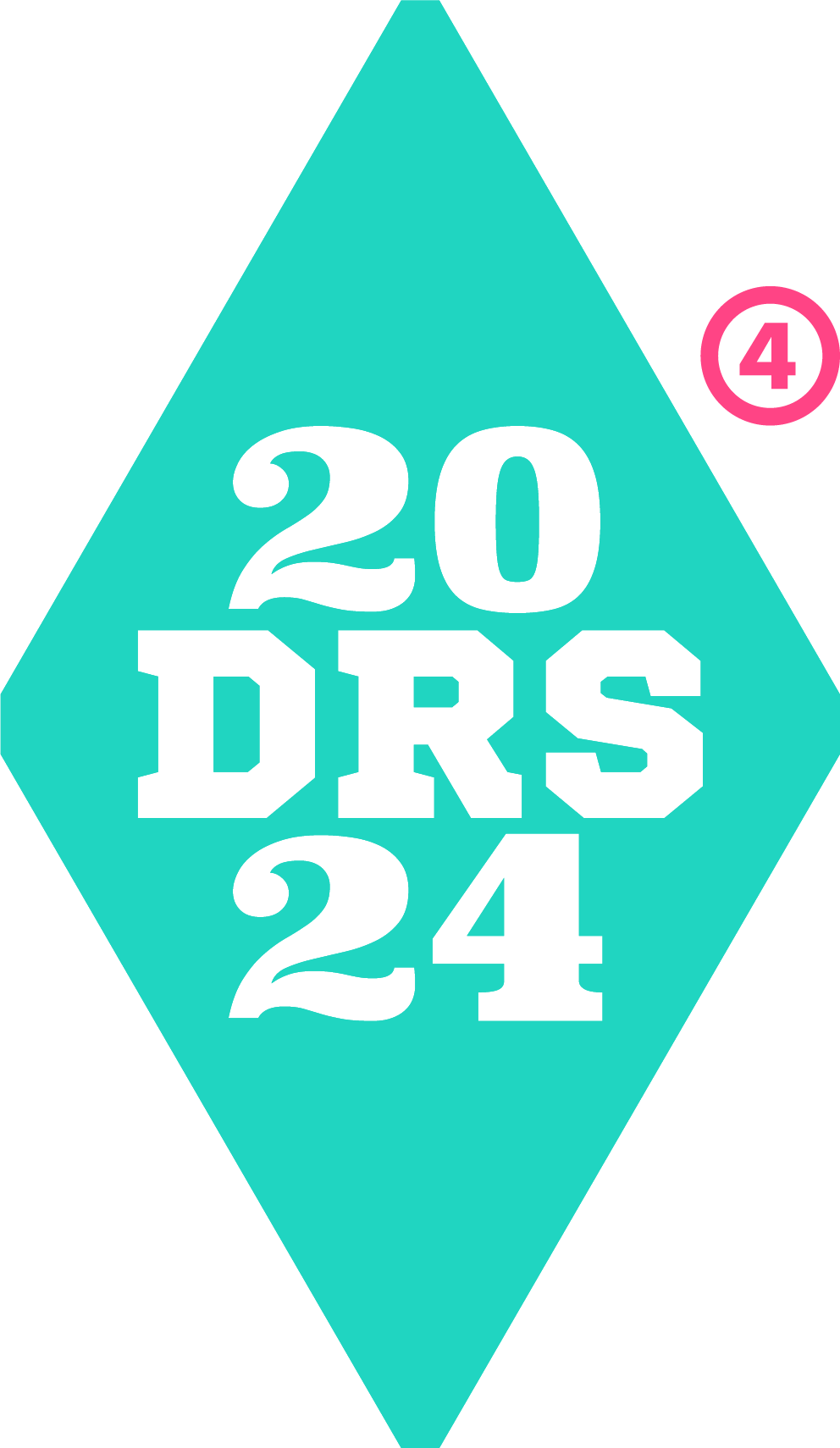Inter’Act’ team at DRS2024 Conference !
We are excited to share that two papers have been accepted to the well-known DRS2024 Conference ! Inter’Act team members will reach Boston this Summer to share with the community the recent results of two of our research projects. Stay tuned !
« A third place as a space to foster citizen participation and their empowerment: The case of « La Ruche à Projets »
This work aims to understand and evaluate how architectural blank spaces can contribute (or not) to the implementation of a participatory process. We studied a call for projects set up within a third place called « La Ruche à Projets » in a vulnerable neighbourhood in the city of Seraing, Belgium. This place of sharing and conviviality offers the inhabitants the opportunity to experiment with commercial and/or social projects.
This study provides an innovative approach, not common in existing literature, that evaluates architecture of this third place as a potential space for participation. Based on 15-interview data, we draw conclusions about the potential of the third place and how its various architectural elements facilitate or hinder citizen participation. The domestic character and the small size of the space both limit and foster the participatory process, by constraining the possible activities but also creating a welcoming and intimate atmosphere
Work conducted in collaboration with LEMA’s team members, Isabelle Dalimier and Jacques Teller.
« Towards Empowering Cohousing Communities: Finding Balance with a Group of Users-clients Throughout the Architectural Process »
Today, we sense that the traditional role of architects is undergoing transformations. This paper explores the evolving role of architects in cohousing projects in response to environmental, economic, and social challenges. This research incorporates insights from semi-structured interviews in three Belgian case studies. The foundations and values of cohousing communities are tackled, highlighting shifts in architects’ roles and challenges in working with user-client groups. In these cohousing processes, we found that the representatives of these user-client groups may not always share the full breadth of their negotiations with architects. Architects seem to miss out on some of the nuances and some participants found that this approach left their voices unheard. Amidst pragmatic concerns and other value- based issues, this paper reimagines some aspects of the architects’ role in cohousing projects. This paper aims to help architects balance stakeholders’ viewpoints within budget, timeline, practicality, and values constraints.
Get in Touch
To learn more about these research projects, get in touch with Louise Masciarelli or Audrey Mertens !


